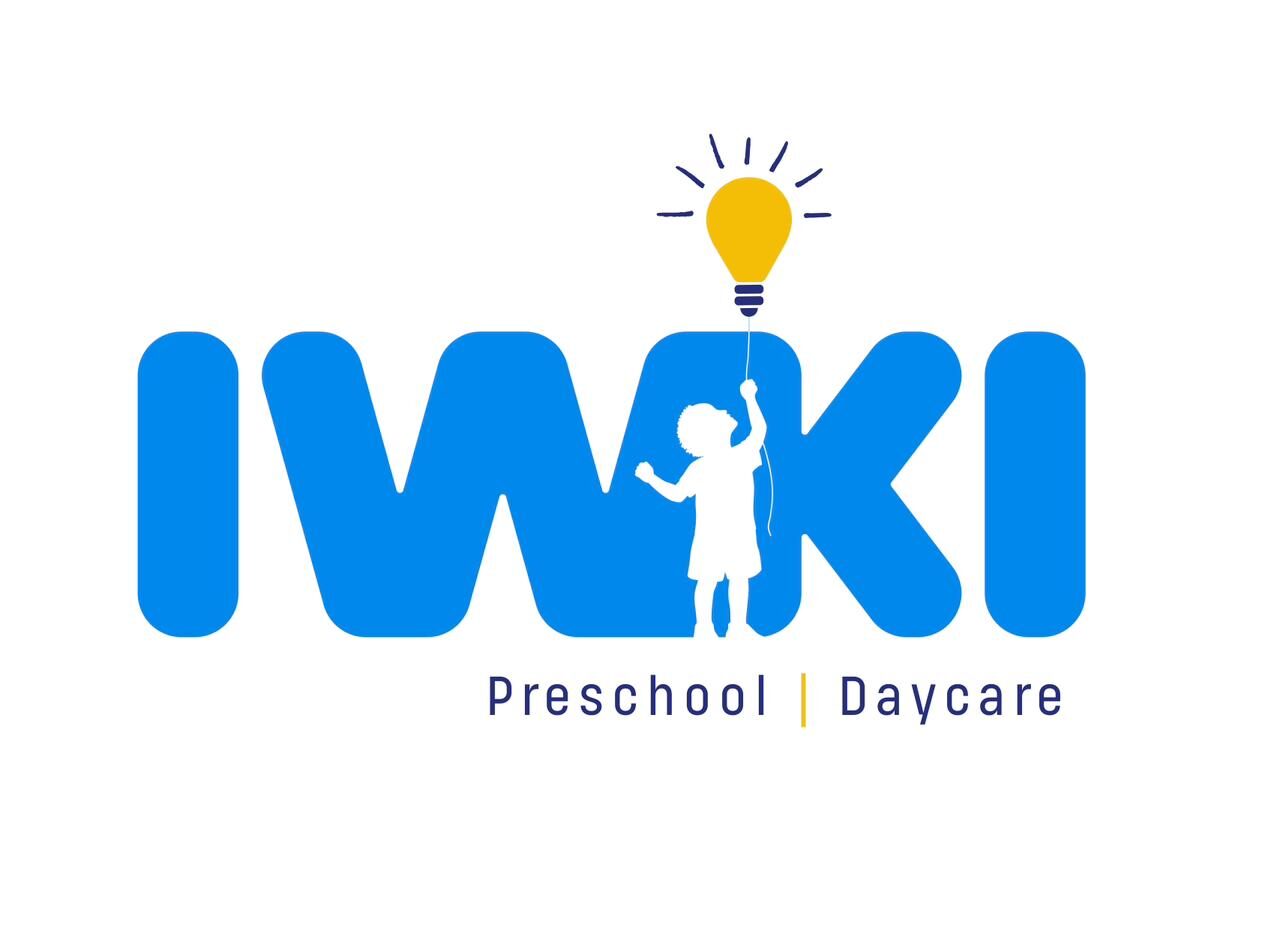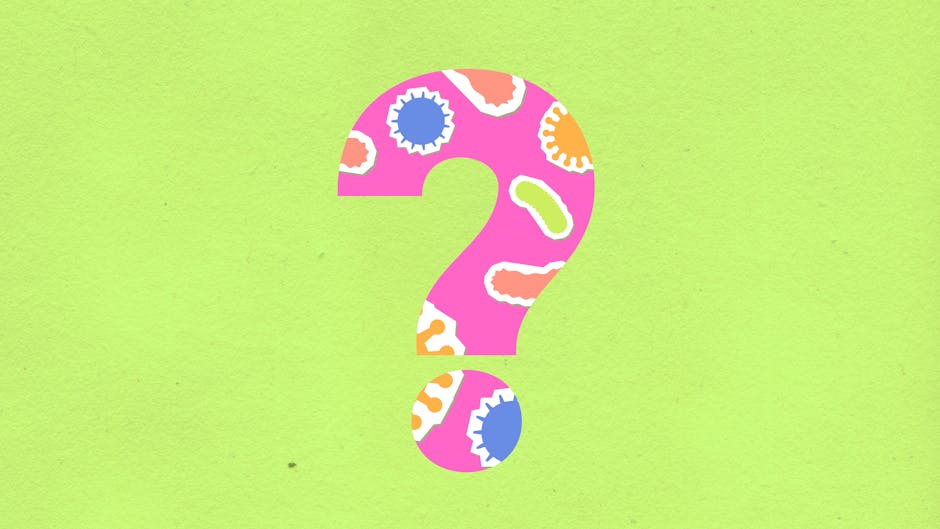Importance of preschool crafts
Craft activities in preschool play a crucial role in fostering creativity and developing motor skills. Engaging in crafts at a young age can help children express themselves creatively and improve their coordination. These activities also introduce young ones to important concepts like colors, shapes, and textures in a fun and interactive way. Through toddler science and nature craft projects, children can learn to explore the world around them and develop a love for science and nature from an early age.
Incorporating science and nature in crafts
Crafts that blend science and nature can be a fun and educational way to engage young children. By using materials like leaves, rocks, or recycled items, kids can learn about the environment and the natural world around them while being creative. Simple experiments, like growing plants in paper cups or creating homemade bird feeders, can introduce basic scientific concepts and teach kids to appreciate nature in a hands-on way.
Benefits of hands-on learning
Did you know that hands-on learning can significantly enhance a child’s understanding and appreciation for science and nature? Through hands-on activities, children can actively engage with materials, experiment, and observe the world around them. This type of learning helps children develop critical thinking skills, creativity, and a deeper understanding of scientific concepts. Additionally, hands-on learning encourages curiosity, exploration, and problem-solving skills in children.
Exploring creativity through crafts
Crafts are an excellent way to encourage creativity in children. By engaging in crafting activities, kids can explore their imagination and express themselves through art. Using materials like paper, clay, beads, and natural elements, children can create unique pieces that reflect their interests in science and nature. Craft projects that involve making a bird feeder, planting seeds in recycled containers, or constructing a mini-terrarium can inspire a love for the natural world while also teaching valuable skills. Through these hands-on activities, children can learn about the environment, biology, and sustainability in a fun and interactive way.
Materials for science and nature-based crafts
When making science and nature-based crafts for preschoolers, it’s essential to choose materials that are safe and engaging. Here are some common materials you can use:
- Recyclable materials: Collect items like cardboard boxes, egg cartons, and plastic bottles to teach kids about recycling and sustainability.
- Natural materials: Incorporate elements from nature such as leaves, twigs, flowers, and rocks to connect with the natural world.
- Water-based paints: Use non-toxic watercolor paints to encourage creativity and exploration.
- Modeling clay: Provide clay for molding and shaping, allowing children to express themselves through tactile activities.
- Magnets and magnifying glasses: Introduce simple scientific tools to spark curiosity and exploration in young minds.
- Seeds and planting materials: Include seeds, soil, and pots to teach children about the growth process and the importance of plants in our environment.
By using these materials, you can create enriching experiences that promote a love for science and nature in preschoolers.
Engaging children in observational activities
When engaging children in observational activities, it’s important to create opportunities for them to explore and discover the world around them. Encouraging kids to observe nature and conduct simple experiments can help foster their curiosity and appreciation for science. Here are some tips to make observational activities fun and educational:
- Take nature walks: Encourage children to observe plants, animals, and insects in their natural habitats.
- Create a nature journal: Have kids draw or write about their observations to help them develop their observation skills.
- Simple experiments: Conduct easy experiments using household items to demonstrate scientific concepts in a hands-on way.
- Use all senses: Encourage children to use their senses of sight, touch, smell, and sound to observe and describe their surroundings.
By engaging children in observational activities, you can help them develop a love for science and nature from an early age.
Teaching concepts through interactive crafts
Crafts are a great way to make learning fun for preschoolers. By incorporating interactive crafts, children can grasp scientific and natural concepts more easily. Through hands-on activities, like creating mini ecosystems or experimenting with simple physics principles, children can develop a deeper appreciation for science and nature. These interactive crafts not only entertain but also educate, making learning a playful experience for young minds.
Encouraging curiosity and exploration
To encourage curiosity and exploration in young children, incorporate hands-on activities that spark interest in science and nature. Engaging preschoolers in simple experiments and outdoor exploration can nurture their love for discovery. Use recycled materials to create crafts that showcase the wonders of the natural world, such as making bird feeders from recycled bottles or planting seeds to observe growth. Foster a sense of wonder and excitement by encouraging questions and providing opportunities for hands-on learning experiences.
Creating a love for the environment
Preschool crafts can play a crucial role in instilling an appreciation for nature and science in young children. By incorporating eco-friendly materials and nature-inspired themes in crafting activities, children can develop a love for the environment from an early age. Understanding the importance of conservation and sustainable practices can be fun and engaging through hands-on craft projects that emphasize the beauty and value of the natural world.
Summary and fostering early STEM education
Kids benefit greatly from engaging in STEM-related activities at an early age. By incorporating science and nature themes into preschool crafts, children can develop a deeper appreciation for these subjects.STEM education focuses on science, technology, engineering, and mathematics. Using innovative preschool crafts can help nurture a child’s curiosity and understanding of these areas.


